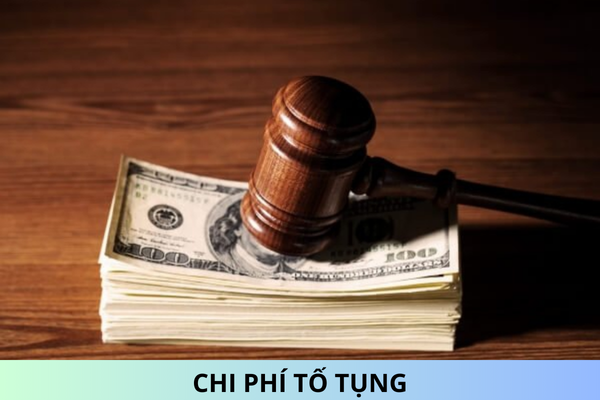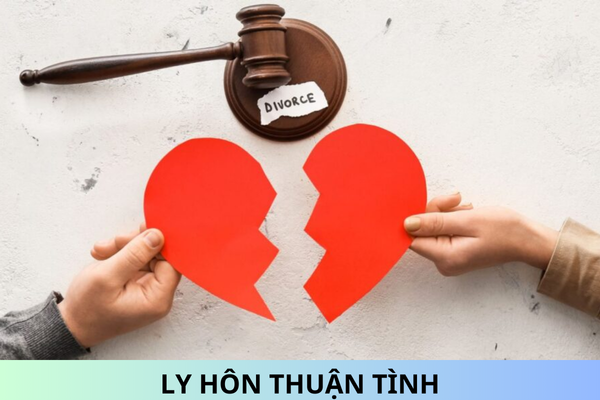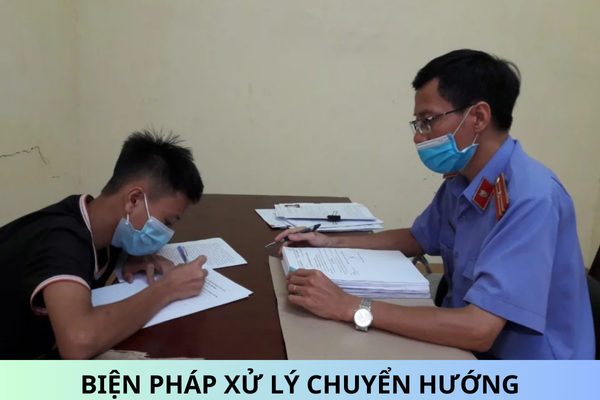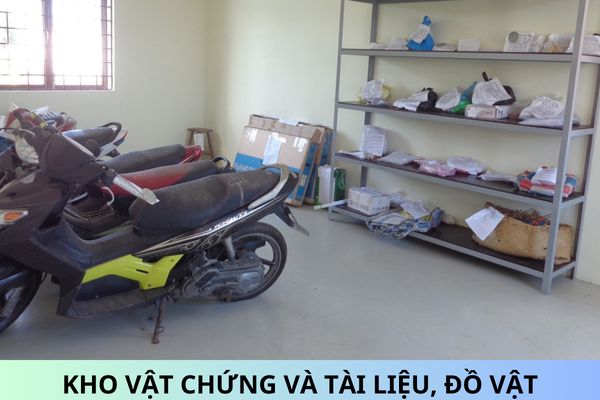How to approach items, money directly related to corruption-related crimes in Vietnam? What are circumstances defined as the basis for determination of corruption-related crimes in Vietnam?
How to approach items, money directly related to corruption-related crimes in Vietnam? What are circumstances defined as the basis for determination of corruption-related crimes in Vietnam?
1. How to approach items, money directly related to corruption-related crimes in Vietnam?
Pursuant to Article 11 of the Resolution 03/2020/NQ-HDTP stipulating as follows:
1. After receiving a case, the court must consider immediately applying measures to distrain property and blockade accounts directly related to the criminal act if such property has not yet been subject to coercive measures during the investigation and prosecution phase.
2. The court shall consider confiscating the property into the state budget, destroying the property or forcing return or compensation to the owners and/or custodians in accordance with the provisions of law if the property is directly related to corruption-related or other office title-related crimes, including :
a) Instruments, vehicles used for the commission of the crime;
b) Money, property appropriated;
c) Bribes taken;
d) Damage caused by the offense;
dd) Illicit proceeds from the offense;
e) Profits, yield, income derived from the commission of the crime;
g) Other property as per the law.
3. If the property to be confiscated no longer exists at the time of case settlement, the court shall decide confiscation of the value of the property based on a valuation conclusion of the competent authority.
4. If the property derived from the corruption-related or other office title-related crime is joined to a shared property, the court shall only confiscate or force the return to the owner or custodian of the part of property derived from the crime. The profit earned from the share property shall be distributed proportionately for confiscation or return to the owner or custodian as per the law
2. What are circumstances defined as the basis for determination of corruption-related crimes in Vietnam?
Pursuant to Article 3 of the Resolution 03/2020/NQ-HDTP stipulating as follows:
1. “The offender was disciplined for the same offence” provided for in point a clause 1 Articles 353, 354, 355 and 358 of the Criminal Code is a case where the offender previously was disciplined for the same offense but the time limit which once it has fully elapsed he/she will have his/her discipline record wiped out has not elapsed as per the law.
E.g. Nguyen Van A was disciplined in a form of warning for his embezzlement of VND 500,000, but 6 months later, A has further embezzled VND 1,500,000.
In a case where a wrongdoer was disciplined by a competent agency, and he/she thereafter has been prosecuted by a presiding agency for such wrongdoing, in this case it shall not be considered as “the offender was disciplined for the same offence”.
E.g. Nguyen Van A was disciplined by a competent agency for his embezzlement, and then he has been prosecuted for such act of embezzlement, so the circumstance that “the offender was disciplined for the same offence” will not apply to A.
2. “having an unspent conviction for any of the offences specified in Section 1 of this Chapter” provided for in clause 1 of Articles 353, 354 and 355 of the Criminal Code refers to a case where the offender was convicted once for any of the offenses specified in Section 1 of Chapter XXIII of the Criminal Code and then commits any of the offenses specified in clause 1 of Articles 353, 354 and 355 of the Criminal Code while the record of the foregoing conviction has not been expunged.
In addition to the above-mentioned previous conviction, if the offender also has other previous convictions, such criminal convictions will be used to determine recidivism, dangerous recidivism, unless all the previous convictions have been used to identify the basis for determination of a crime in previous convictions.
E.g. Before perpetration of the offense of taking bribe of VND 1,500,000, A had 2 previous convictions. In the first conviction, A was convicted of embezzlement of VND 5,000,000; in the second conviction, A was convicted of abuse of position or power for appropriation of property assessed at VND 1,000,000. In this circumstance, the second previous conviction is used to determine the basis for determination of the crime of embezzlement. Since the first previous conviction was used to determine the basis for determination of the crime of abuse of position or power for appropriation of property (with the appropriated amount of VND 1,000,000), it will not be further used for determination of recidivism.
3. “other financial benefits” provided for in Articles 354, 358, 364 and 366 of the Criminal Code mean material benefits other than properties as prescribed in Article 105 of the Civil Code.
E.g. Giving bribes in forms of sponsorship for overseas study, travelling, etc.
4. “non-financial benefits” provided for in point b clause 1 of Articles 354, 358, 364, 365 and 366 of the Criminal Code means benefits other than financial benefits.
E.g. Bribery by awarding or proposing to award titles and awards; election, election and appointment of office positions; raising test scores; promising to grant graduation approval, sending abroad for study, competitions, performance; sexual bribery, etc.
5. “abuse of position or power” provided for in clause 1 Article 355 of the Criminal Code means the use of position beyond their assigned powers or duties or, although not assigned or designated powers or duties in that field but still perform.
E.g. Nguyen Van A is a Deputy President of the People’s Committee of province. A has been only assigned to take charge of cultural and social field, not land management, but A still make a decision to expropriate the land of Company X and then transfer it to Company Y (the company of A’s family). In such situation, A has gone beyond his assigned powers and duties.
6. "misuse of position or powers" provided for in Clause 1, Article 356 of the Criminal Code means a person who misuses his/her position or powers to act against, not to act or improperly act the law.
E.g. Nguyen Van A, the Manager of Natural Resource and Environment of district B, has acted against his official duties. He requested the People’s Committee of district B to sign a decision on issuance of land use right to a land plot not qualified for a certificate of land use right as per the land law.
7. “for personal gain” provided for in clause 1 Articles 356, 357 and 359 of the Criminal Code means the offender misuses or abuses his/her position or power to gain undue financial benefits or non-financial benefits for his own or other agencies, organizations, or individuals.
8. “other self-seeking purposes” provided for in clause 1 Articles 356, 357 and 359 of the Criminal Code means the offender misuses or abuses his/her position or power to assert, consolidate, or raise his/her status, prestige, power in an undue manner.
9. Damage caused by the offense provided for in Articles 353, 354, 355 and 358 of the Criminal Code means the actual damage that has a causation link with the offense, excluding money, property, and other financial benefits that the offender has appropriated or will appropriate.
E.g. Nguyen Van A, a warehouse keeper of Company B, has embezzled a sum of anti-epidemic drugs worth VND 200,000,000. The lack of anti-epidemic drugs causes the consequence that all poultry worth VND 10,000,000,000 of Company B dies. In this case, it is necessary to determine the amount A appropriated is VND 200,000,000 and the actual damage caused by the criminal act of A is VND 10,000, 000,000.
10. "work secret" provided for in Articles 361 and 362 of the Criminal Code is work information expressed in any form (e.g., documents, draft documents, speeches, images, etc.) which, under regulations of agencies and organizations, must not be disclosed to others and such information is not classified on the list of state secrets.
Best regards!










